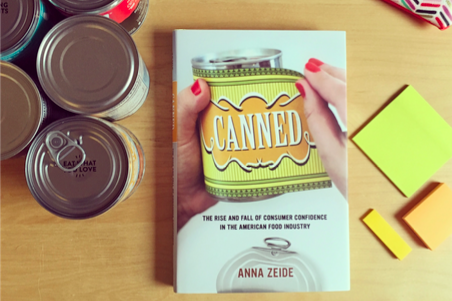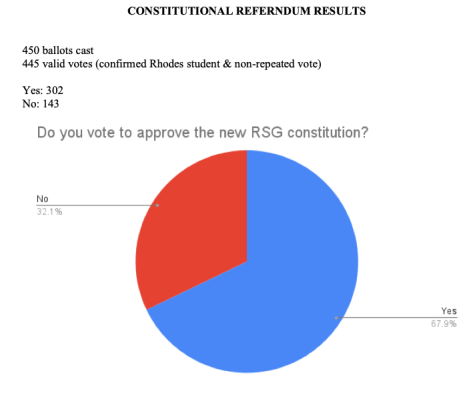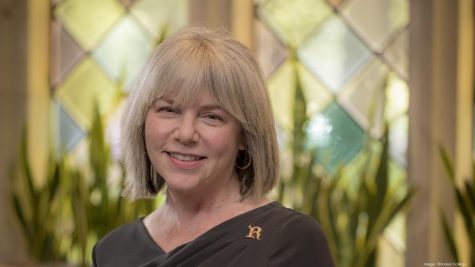Processed food for thought

Dr. Anna Zeide’s book, “Canned: The Rise and Fall of Consumer Confidence in America”
October 5, 2018
In Blount Auditorium on Sept. 20, the audience opened the lid on the history of the canning industry. Dr. Anna Zeide from Oklahoma State University described how consumers were convinced by scientists, businessmen and politicians to eat gelatinous food encased in metal. After a brief overview of the topic, the audience was invited to partake in an extensive Q&A session.
Zeide’s credentials extend beyond writing: she has a fellowship with the Center for Public Humanities and ardently blogs on her website. Assistant Professor of History Ari Eisenberg introduced Zeide, whom she described as “not only a really cool scholar, but also a friend of mine.”
“While the talk is about the canned food industry, I also want to show how canners are pioneers that laid the foundation for our modern food industry,” Zeide said.
The synergy of this topic with the biological sciences, history, culture, economics and compelled. Zeide to study how food is made in the modern industrial world. Zeide described food as both “the intersection of many interests” and “the most intimate way humans interact with the natural world.” Canning itself likely had started in the France during the 19th century, where heat and pressure were used to sterilize and preserve food for military purposes. In America, though, canning was both an industrial and home-cooking technique. According to Zeide, large-scale metal cans dominated glass mason jars during the 1930s with the advent of technological advancements, the Great Depression, consumer movements and increased government intervention. Since then, the process of canning and shipping has reached a global scale.
Questions from the audience were both curious and frightened: “What do I do now after learning about the food industry?” “How did you learn about botulism fears?” “Tell me more about Kæstur hákarl [an Icelandic delicacy consisting of fermented shark flesh]?”
After the question and answer session, Zeide spent the rest of the evening taking selfies with students and signing her book, the California Studies in Food and Culture serial “Canned: The Rise and Fall of Consumer Confidence in the American Food Industry” (2018).













